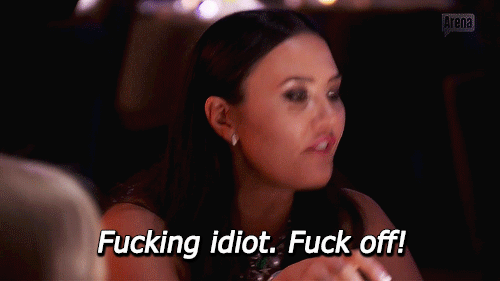Informed consent is the key phrase in this. If there are now peer reviewed studies that prove that it is effective then the doctors can be having those conversations and provide evidence of the studies to the patients so they can have that inforation to make up thier own minds.Is hydroxychloroquine is the solution?
However the revew that the Lancet published sounds like it may have been flawed if 150 scientists had concerns and the research paper cited 73 deaths from COVID-19 in Australia by April 21, when official case counts only reported 67 deaths by the same date. Certainly not peer reviewed and agreed with.
'The Lancet's got a bit of form, here': How did a retracted study on hydroxychloroquine get through peer review?
Influential medical journal The Lancet has retracted its heavily-criticised study into hydroxychloroquine, a drug touted by Donald Trump as a "game changer" in the fight against coronavirus. So how did the paper slip through the cracks?
https://www.medrxiv.org/content/10.1101/2020.07.12.20150110v2

Hydroxychloroquine in COVID-19: An updated systematic review with meta-analysis
Background Hydroxychloroquine is being administered among patients with COVID-19 infection in many healthcare systems across the world, considering its in vitro effect against the SARS-CoV-2 virus. In spite of several observational studies and a few randomized controlled trials, the effect of...


